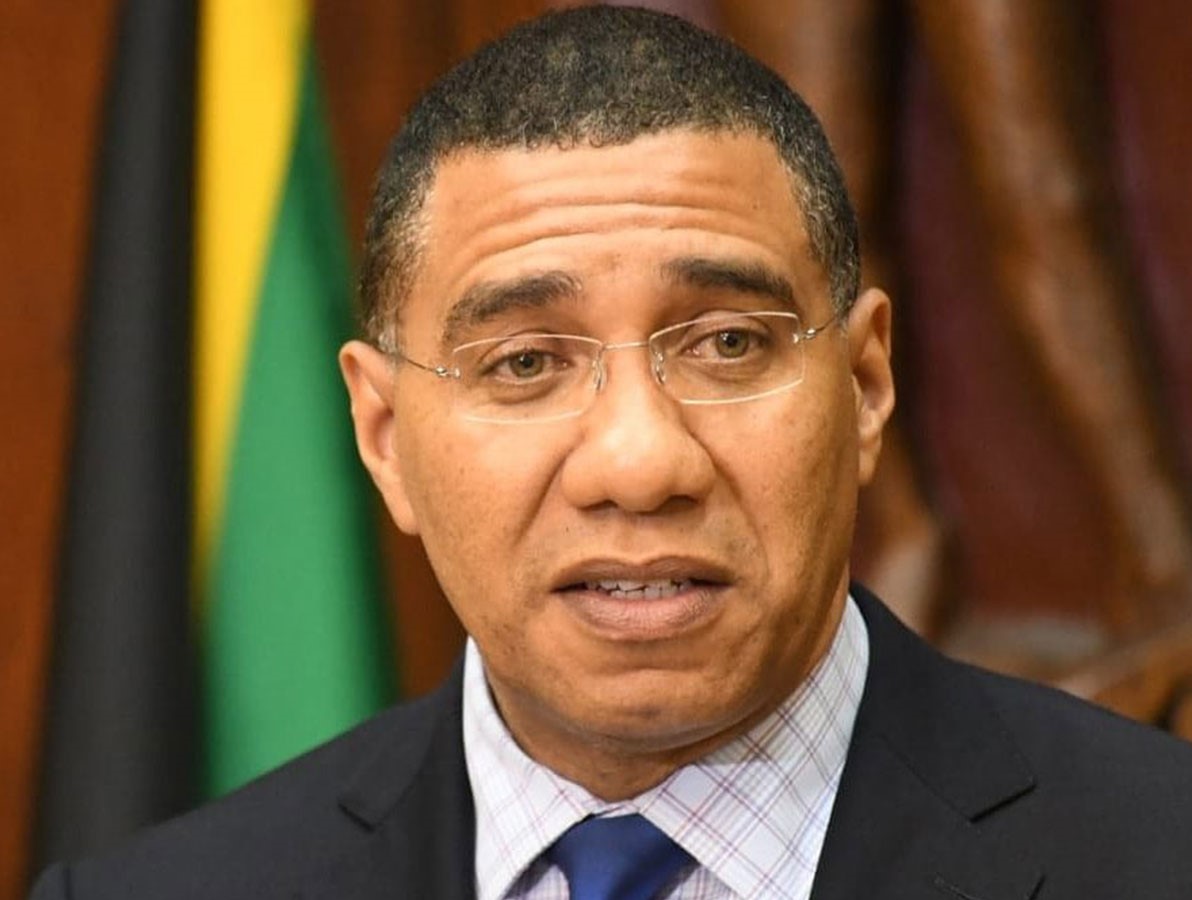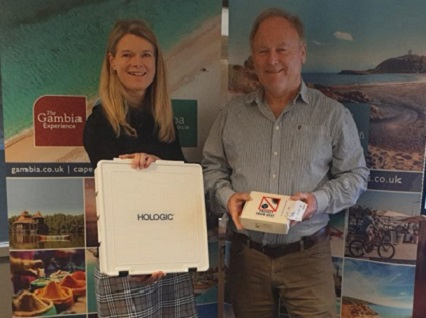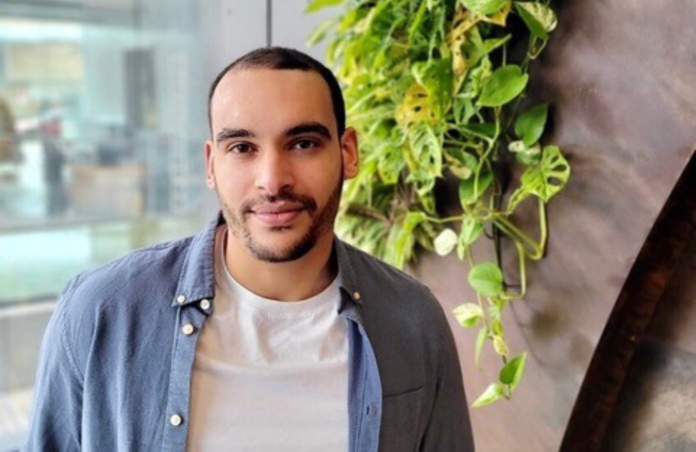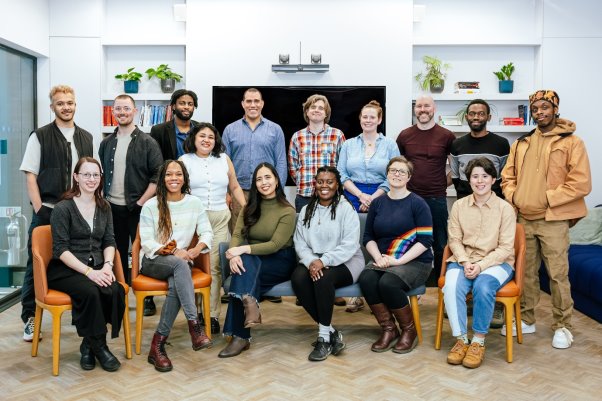Most families in the West Midlands have experienced upheaval in their daily lives during the pandemic. With children and young people now back at school or college, PHE’s new campaign provides NHS-endorsed tips and advice to help children and young people’s mental wellbeing and equip and empower parents and carers with the knowledge to support them.
Research reveals that the coronavirus outbreak has caused an increase in anxiety in young people. What’s more, over two-fifths (41%) of children and young people said they were more lonely than before lockdown and more than a third said they were more worried (38%), more sad (37%) or more stressed (34%).
New PHE data from the West Midlands reveals that two thirds of parents surveyed say their children’s behaviour has changed since the start of the pandemic (68%), and when asked their top three worries around coronavirus, half (50%) said the mental wellbeing of their children topped the list of their biggest worries.
As we adapt to a new normal many parents and carers anticipate their children will experience new stresses. This includes facing the challenges of catching up with missed education, starting new schools or colleges and building relationships with friends again.
Around a quarter of parents (23%) surveyed in the West Midlands said that not knowing what action they can take to support their children’s mental wellbeing has prevented them supporting, and 41% want more advice on how to support their mental wellbeing when returning to school.
The new advice available on the Every Mind Matters website has been developed in partnership with leading children and young people’s mental health charities, including Young Minds, The Mix, Place2Be and The Anna Freud Centre. It is designed to help parents and carers spot the signs that children may be struggling with their mental health and support them, and also provides advice that can help maintain good mental wellbeing.
In addition to the advice for parents and carers the site also provides tools to help young people build resilience and equips them to look after their mental wellbeing.
To engage parents and carers a powerful short film has been created featuring a range of celebrity parents including Davina McCall, Marvin Humes, Sean Fletcher, Katie Piper and Edith Bowman, reading extracts from best-selling author Charlie Mackesy’s well-known book, ‘The Boy, The Mole, The Fox and The Horse’. The emotive extracts all touch upon mental health and aim to encourage parents to visit the Every Mind Matters website.
The NHS Top Tips for supporting children and young people’s mental wellbeing as they go back out into the world (please see all tips on the Every Mind Matters website):
- Be there to listen: Ask the children and young people you look after how they are doing regularly so they get used to speaking about their feelings
- Stay involved in their life: Try to know something about all parts of your child’s or young person’s life
- Support positive routines: Be a positive role model and support positive behaviours including regular bedtime routines, healthy eating and getting exercise
- Encourage their interests: Children and young people are often drawn to particular interests, so support them in exploring them
- Take what they say seriously: help the children and young people you look after feel valued in what they say
The website also encourages parents to complete a personal ‘Mind Plan’, a quick and free interactive tool offering adults tailored mental wellbeing advice. More than 2.4 million ‘Mind Plans’ have been completed since launch in October.
Dr Lola Abudu, Health and Wellbeing Director at Public Health England (PHE) West Midlands said: “Coping with COVID over the past few months has been hard on everyone, including our kids, so it’s understandable that 50% of parents and carers in the West Midlands have been worried about their children’s mental wellbeing during lockdown.
Parenting can be tough, and juggling work or being furloughed while home schooling children has added extra pressures to the whole family unit. However, there are lots of things we can do to support adults and their children as we all try to get back to some sort of new normal life.
“The new NHS-approved guidance on the ‘Better Health – Every Mind Matters’ website helps adults spot signs that children are struggling with their mental wellbeing, helps parents and carers to understand how to support them with managing their emotions and deal with unhelpful thoughts.
It provides tips and advice to support children and young people when coping with stressors, including starting new schools or colleges, and building relationships with friends again. The online resource will help you find what’s right for your children – whether it’s listening to them talk about the challenges they’re facing or helping them develop skills to cope with their emotions.”
Telford and Wrekin Councillor Andy Burford, Cabinet Member for Health and Social Care, said: “I’d encourage parents and young people to take some time for themselves and use ‘Better Health - Every Mind Matters’, for NHS approved tips and advice.”
Ellen Parsons, an A-level student from Shropshire opened up about how the disruption caused by coronavirus has affected her mental health. She said: “Lockdown has had a huge impact on my mental health. Not being able to sit my A-level exams felt as if two years of hard work now count for nothing.
“As well as the academic side, I have also missed my friends and the opportunity to experience things like our end of year prom. I’m worried about my future, because the grades awarded might not be a true reflection of what I could have achieved in my exams.
“This does lead me to question my future employment and whether I will get the same opportunities as someone who achieved their grades in previous years.”
Ellen’s sixth form provided support to all students, with teachers giving information about apprenticeships and employment opportunities. Shropshire Council also set up virtual drop-in sessions, where young people could talk about their concerns about the future. Sessions were on Zoom and organised by the local authority in association with Shropshire Mind, BEAM, Shropshire Public Health Nurses and the Midlands Partnership NHS Foundation Trust.
Ellen appreciated the virtual drop-in sessions in Shropshire and added: “I feel that at this strange time, students need to reach out to each other and recognise that they are not alone. My future at this moment in time seems very unpredictable and I appreciate lots of students will be experiencing the same emotions.”
The new ‘Better Health - Every Mind Matters’ campaign will be supported through social media, radio and press activity, helping to reach audiences including parents and carers of children and young people (aged 5-18) and young people (aged 13-18).


















